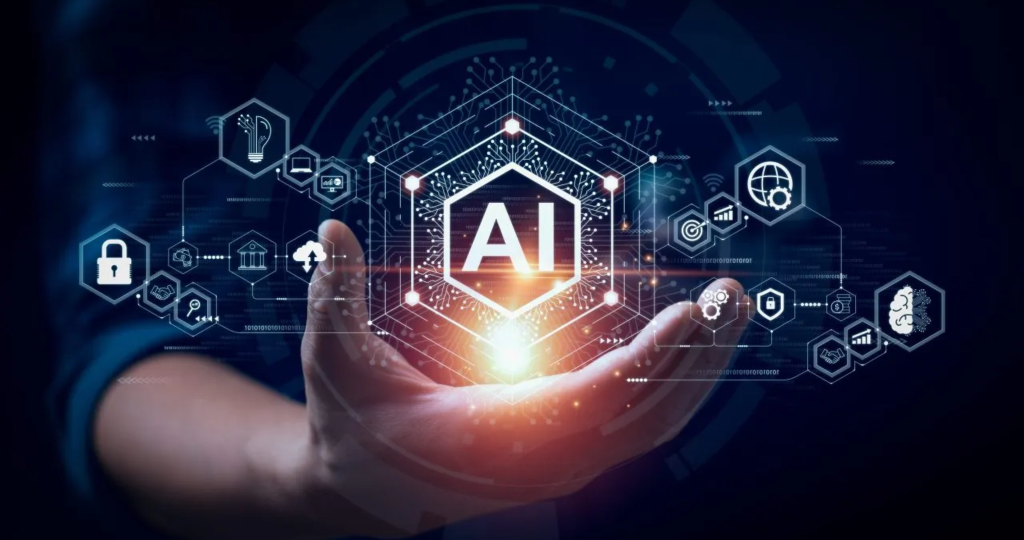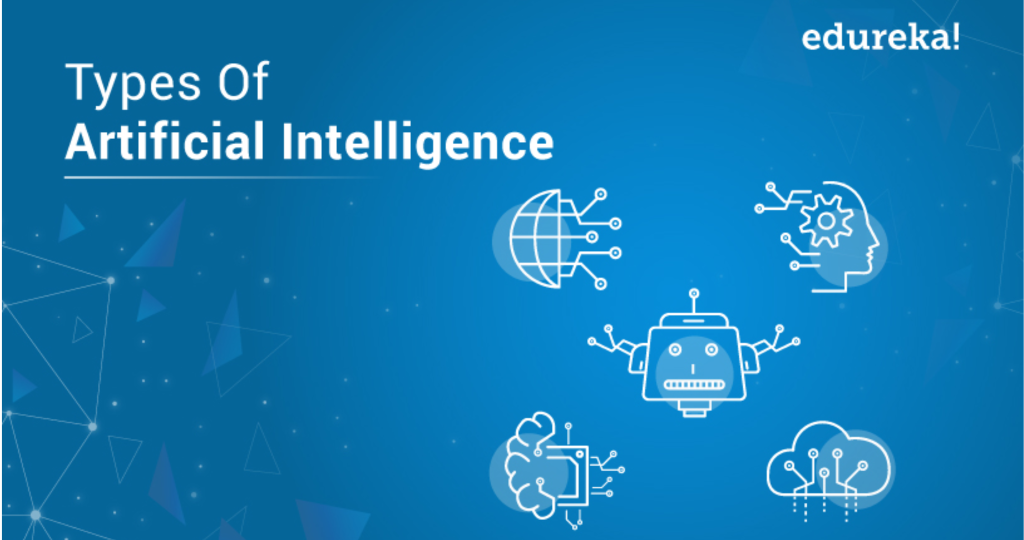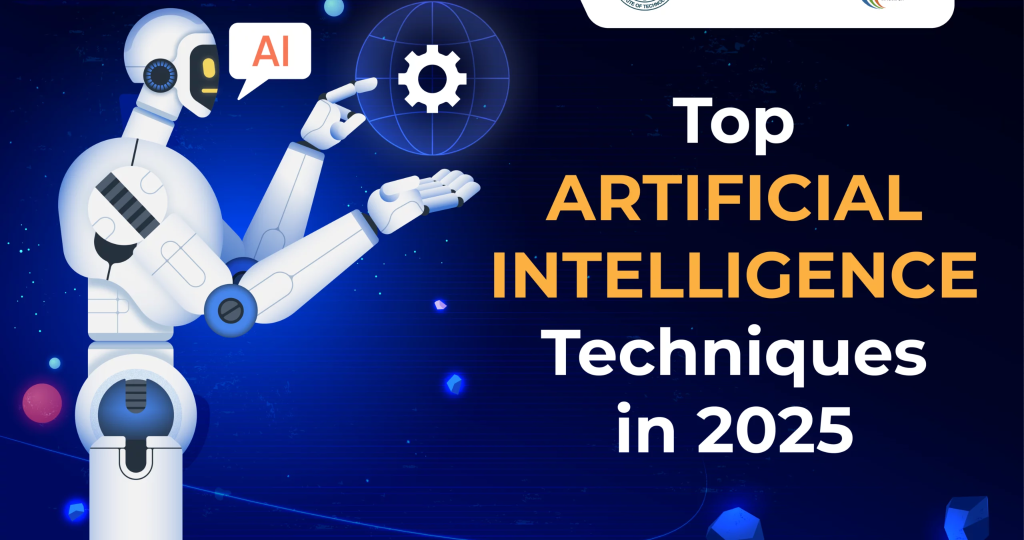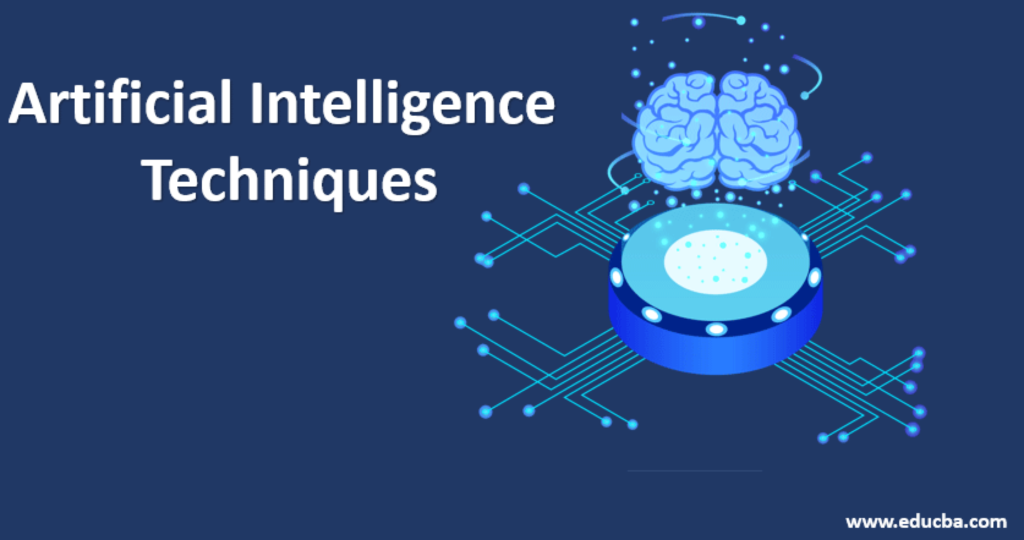
Transforming Industries and Shaping Our Future
Artificial Intelligence (AI) has rapidly evolved from a niche technological concept to a powerful force driving change across various sectors of society. Once the realm of science fiction, AI has now permeated industries worldwide, transforming how we work, live, and interact with technology. At its core, AI refers to machines and systems designed to mimic human intelligence—learning from data, making decisions, and improving over time. The AI revolution is expanding across industries, promising new levels of efficiency, automation, and innovation, while also introducing new challenges that require careful consideration.
The Evolution and Fundamentals of Artificial Intelligence
The journey of Artificial Intelligence has been long, marked by decades of research, technological advancements, and breakthroughs in fields such as machine learning, neural networks, and natural language processing. While AI has existed in various forms for many years, it is only in recent decades, with the rise of big data, cloud computing, and improved processing power, that AI has become a central part of the technological landscape. Today, Artificial Intelligence is powering everything from smart assistants like Siri and Alexa to autonomous vehicles, showcasing its vast potential.
Artificial Intelligence is deeply intertwined with data, as machine learning algorithms require vast amounts of data to learn and make predictions. The ability to train Artificial Intelligence models on this data has unlocked new possibilities, allowing Artificial Intelligence systems to recognize patterns, predict outcomes, and even perform tasks traditionally done by humans. Understanding the fundamentals of Artificial Intelligence, such as machine learning algorithms and neural networks, is key to realizing its vast potential.
AI in Healthcare: Revolutionizing Patient Care and Medical Research
One of the most impactful areas where AI is making significant strides is in healthcare. Artificial Intelligence-powered technologies are transforming how healthcare providers diagnose and treat diseases, as well as how patients manage their health. From advanced diagnostic tools that can analyze medical images to predictive algorithms that assist doctors in determining the best course of treatment, Artificial Intelligence is enhancing both the quality and efficiency of healthcare delivery.
Artificial Intelligence is also playing a major role in medical research, helping scientists discover new drugs, predict the progression of diseases, and identify patterns in health data that would be nearly impossible for humans to detect. The integration of Artificial Intelligence in healthcare is leading to improved patient outcomes, more personalized treatments, and significant cost savings for healthcare systems worldwide.

AI in Transportation: Transforming Mobility and Autonomous Systems
The transportation sector is experiencing a revolution powered by AI, with the development of autonomous vehicles being one of the most notable examples. Self-driving cars, trucks, and drones are leveraging Artificial Intelligence to navigate safely and efficiently, reducing human error and improving transportation safety. AI is also enhancing traffic management, optimizing public transportation routes, and providing predictive analytics for maintenance and vehicle performance.
Moreover, Artificial Intelligence is enabling smart mobility solutions that are revolutionizing how people and goods move across cities. From intelligent traffic lights that adjust in real-time to traffic conditions to ride-sharing platforms powered by AI, the technology is improving the efficiency, safety, and sustainability of transportation networks.
AI in Business and Automation: Streamlining Operations and Enhancing Decision-Making
In the customer service sector, Artificial Intelligence-driven chatbots and virtual assistants are enhancing customer experiences by providing quick, accurate responses to inquiries and offering personalized recommendations. Additionally, it is revolutionizing marketing by enabling hyper-targeted advertising, predictive analytics, and personalized content delivery, further driving the growth of businesses and improving customer engagement.

AI in Education: Personalizing Learning and Enhancing Educational Outcomes
Artificial Intelligence is also making its mark in the education sector by offering personalized learning experiences for students. Artificial Intelligence-driven educational tools can assess a student’s strengths, weaknesses, and learning pace, tailoring lessons to meet individual needs. This approach enables more effective learning and ensures that each student receives the attention they need to succeed.
Moreover, Artificial Intelligence is helping educators manage classrooms more efficiently, automate administrative tasks, and even create immersive learning environments through virtual and augmented reality. The integration of it in education has the potential to break down barriers to learning and provide more equitable access to high-quality education worldwide.
The Synergy of AI with Emerging Technologies: IoT, Edge Computing, and Robotics
The development of Artificial Intelligence is closely tied to advancements in other emerging technologies, including the Internet of Things (IoT), edge computing, and robotics. It and IoT are working together to create intelligent ecosystems where devices and systems can make decisions autonomously based on data from their environment. For instance, smart homes and cities powered by IoT sensors can use it to optimize energy usage, improve security, and enhance overall quality of life.
Edge computing, which involves processing data closer to where it is generated, is also closely linked with AI. By reducing the time, it takes to process data and make decisions, edge computing enables real-time Artificial Intelligence-driven insights, which are particularly important in applications such as autonomous vehicles and industrial automation. Meanwhile, robotics is being enhanced by it to perform complex tasks such as surgery, warehouse management, and manufacturing, revolutionizing industries that rely on precision and efficiency.

Challenges and Considerations for Artificial Intelligence
Despite its numerous benefits, the widespread adoption of Artificial Intelligence also presents significant challenges. Ethical considerations around AI including issues such as data privacy, algorithmic bias, and job displacement, need to be addressed. The development and deployment of AI systems must be done responsibly, with clear regulations in place to ensure fairness, transparency, and accountability.
Security is another pressing concern, as AI systems are vulnerable to cyberattacks and misuse. Safeguarding Artificial Intelligence systems from malicious actors and ensuring they are robust and resilient is critical to their safe deployment across various sectors. Additionally, the environmental impact of AI, particularly in terms of the energy consumption of large-scale AI models and data centers, needs to be carefully considered.
The Future of Artificial Intelligence: A World of Possibilities
Looking ahead, the future of AI is filled with exciting possibilities. As Artificial Intelligence continues to evolve, we can expect to see even more innovative applications emerge, further transforming industries and improving lives. The ongoing development of AI technologies, combined with advances in computing power and data availability, will enable even more sophisticated AI systems capable of solving complex problems and driving societal progress.
AI is poised to play a key role in addressing some of the world’s most pressing challenges, from climate change and healthcare to poverty and education. The continued integration of AI into our daily lives and industries promises a future where intelligent systems work alongside humans to create a smarter, more efficient, and sustainable world.

Ethical and Environmental Implications of AI: Navigating a Responsible Future
As Artificial Intelligence continues to expand, it is essential to ensure that its development aligns with human values and promotes the well-being of society. Ethical considerations, such as ensuring data privacy, mitigating bias, and promoting inclusivity, must remain central to the development of AI technologies. Moreover, the environmental impact of AI, particularly regarding the energy usage of AI models and hardware, must be carefully managed to promote sustainability.
The future of AI depends on our ability to harness its potential responsibly. By fostering collaboration among researchers, industry leaders, policymakers, and the public, we can ensure that AI is used to create positive change while addressing its ethical and environmental challenges. With careful stewardship, Artificial Intelligence has the potential to revolutionize industries and shape a better future for all.
Internal Link Suggestions:
- Read more: What is artificial intelligence?
